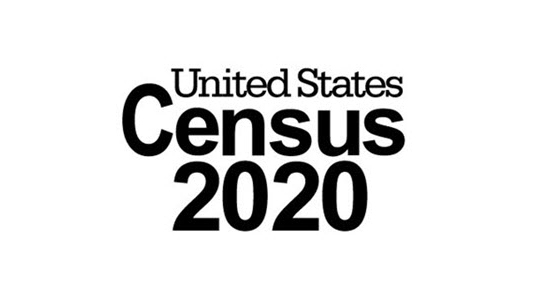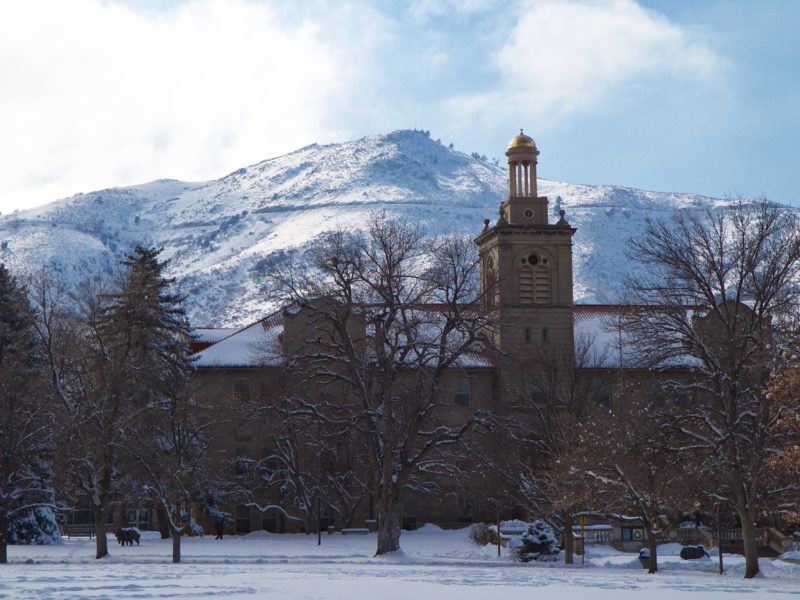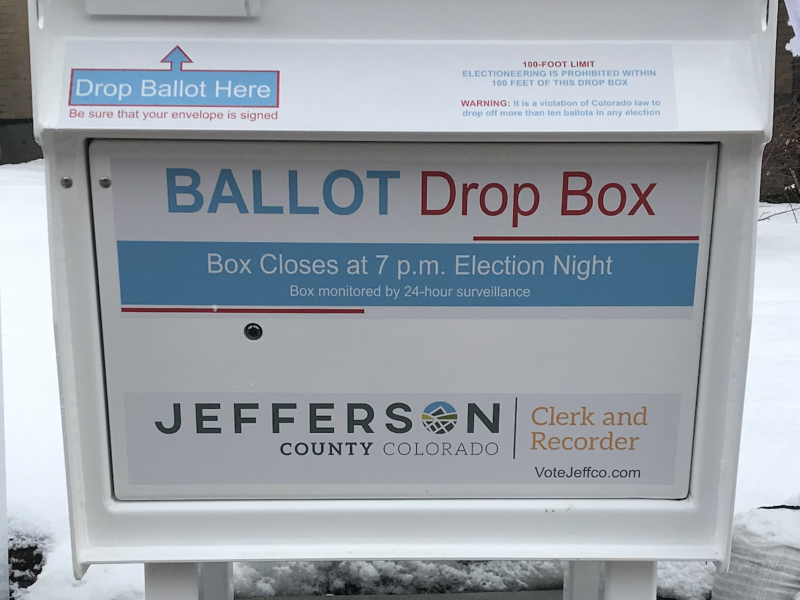Here are the basics:
- Census results help determine how approximately $675 billion in annual federal funding are allocated to states and communities for education, health care, public infrastructure, research grants, federal employees, other social services, and more.
- The results determine how many seats in Congress each state gets.
- As mandated by the U.S. Constitution in Article 1, Section 2, the U.S. has conducted a census survey in all 50 states, Washington, D.C., and U.S. territories every 10 years since 1790.
- The Census Bureau does not release or share individual responses or household information for 72 years, also known as the ‘72-year rule.’ This rule was adopted by the Census Bureau and National Archives in 1978 to reflect the average lifespan at the time for “privacy reasons.”.
If you haven’t already, you will likely see a booth on campus advertising 2020 Census jobs. More than 500,000 temporary part-time positions with flexible hours and competitive wages are being offered to students and other interested parties to handle such tasks as interviewing household residents and updating addresses, giving impromptu presentations and meeting with community representatives, performing administrative and clerical tasks, or supporting field operations from an area census office. Colorado is home to four census office locations with the closest being situated in Denver and offering pay rates ranging from $18.50 to $20.50. If you are interested in learning more about helping with the 2020 Census visit, https://2020census.gov/en/jobs/how-to-apply.html.
As a valued member of the 2020 Census, you are responsible for contributing to the fabric of our nation – where everyone counts.
Remind your parents or legal guardians, you should be counted at your college address whether on or off campus. Here’s a breakdown of the census for on and off campus Orediggers:
For students living off-campus: Invitations to respond to the 2020 Census will be delivered to every home in the U.S. between March 12-20. Once you receive that invitation, you can respond online, by phone, or by mail. You will be asked questions which relate to total U.S. population, rates of homeownership, heritage, demographics, etc. such as the following: How many people were living or staying in this house, apartment, or mobile home on April 1, 2020? Housing type? Facility telephone number? What is Person 1’s name? Sex? Age? Date of birth? Ethnicity? Race? (Questions repeated for each person) Relationship between persons?
For students living on campus in a residence hall: If you live or stay in “group quarters,” the Census Bureau will identify a group quarters administrator who will receive an invitation for response April 2 through June 5, 2020. The census response data that is collected for each student in a residence hall is as follows: name, sex, date of birth, age on April 1, 2020, race, whether they are of Hispanic origin, and an alternate address where they live or stay when not at a group quarters facility.
International students are counted in the census. Everyone residing in the U.S. on April 1st, 2020 should be counted regardless of age, race, ethnic group, or citizenship. This also means that students studying abroad at this time will not be counted.
The 2020 Census doesn’t just impact our community, it impacts our community for the next 10 years.




